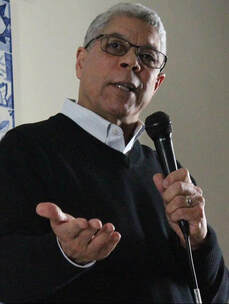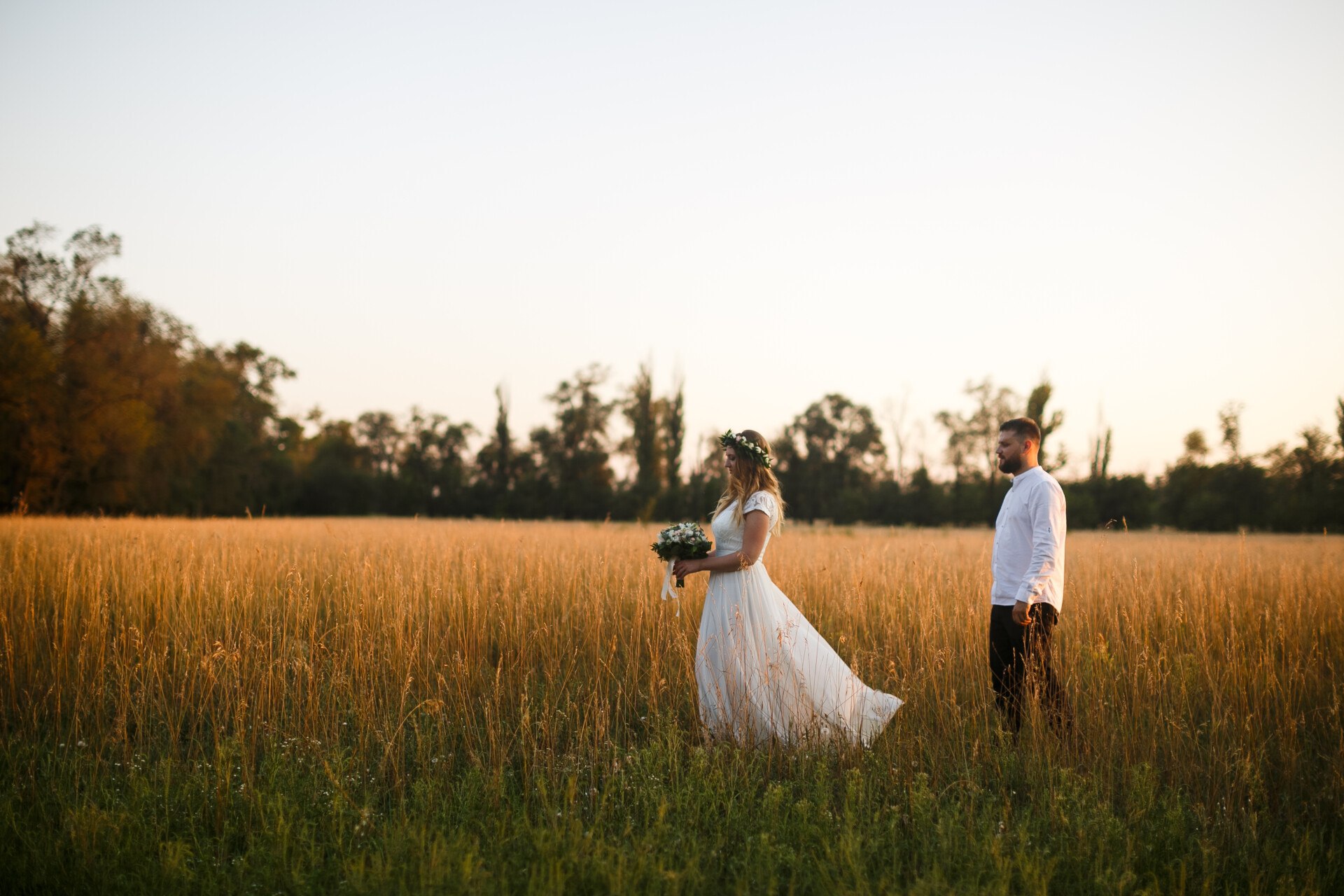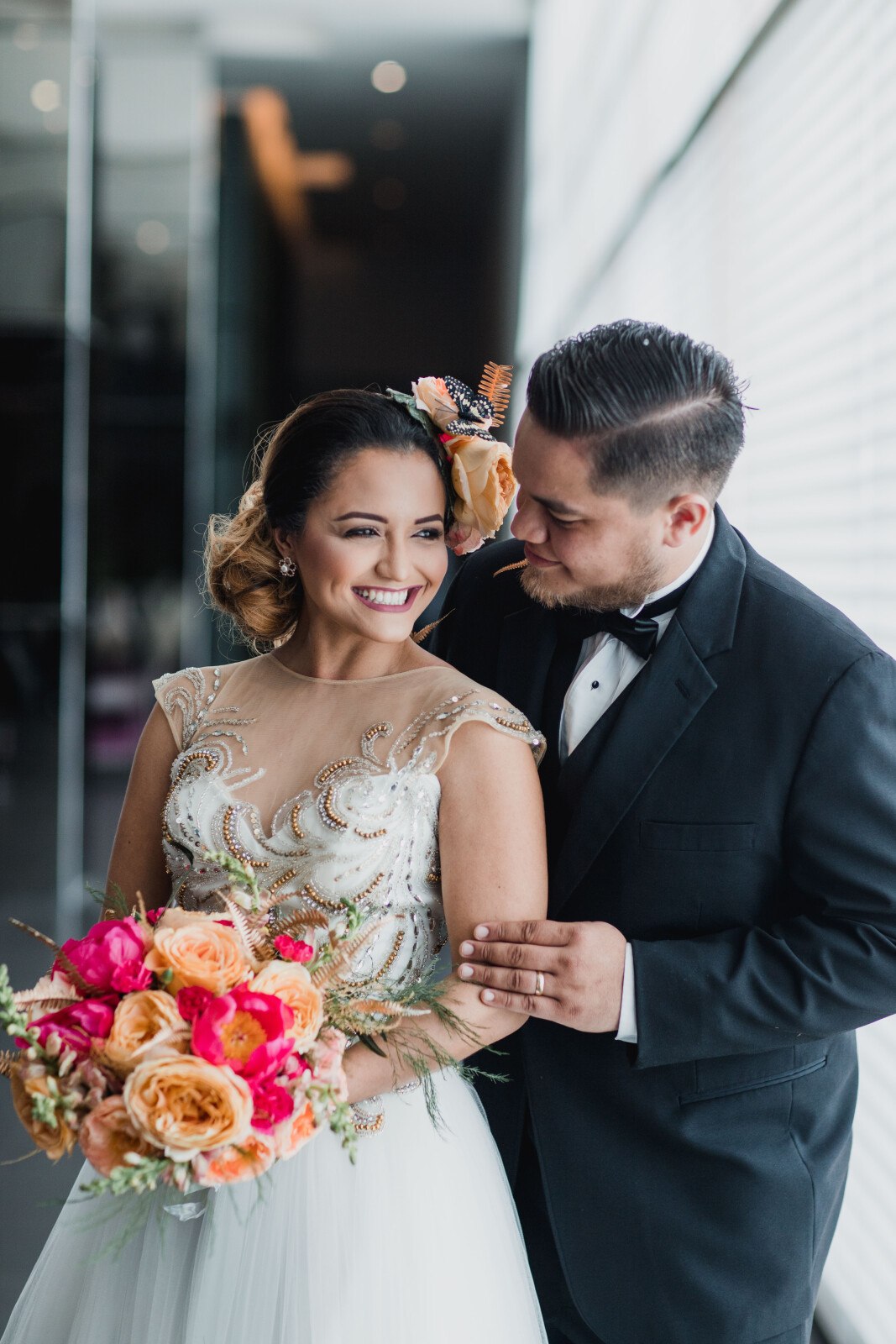
Welcome to my website! I’m Roberto Maldonado, a dating expert and coach dedicated to helping men find their perfect bride. With years of experience in the dating industry, I have developed a deep understanding of what it takes to form meaningful connections and build strong relationships.
My mission is to empower men on their journey to finding love and companionship. Through personalized coaching, practical advice, and proven strategies, I guide my clients in navigating the complexities of the dating world. Whether you’re looking for a lifelong partner, a committed relationship, or marriage, I am here to support you every step of the way.
I believe that finding the perfect bride goes beyond just superficial qualities. It’s about finding someone who shares your values, dreams, and complements your life in every way. My approach is rooted in authenticity, respect, and genuine connection. I help men develop their confidence, improve their communication skills, and understand the dynamics of successful relationships.
Were seen as a way to find a woman for marriage from abroad. Now, with the advent of the internet, mail order brides have become an increasingly popular way for men to find a wife. A mail order bride is a woman who advertises herself in a catalog or online and is selected by a man for marriage.
How you can find a bride?
Mail order brides are highly desirable for a variety of reasons. For starters, they are typically young, attractive, and educated. They are often from other countries, which can give the man the opportunity to experience a different culture. In addition, many mail order brides are willing to relocate to their new husband’s country, which gives them the opportunity to start a new life in a different place.
Advantage of mail order brides is that they often come with a pre-arranged marriage contract, which can provide the man with a certain level of security. This contract can often include financial support from the bride’s family, which can help the couple get settled and establish a new home. The contract can also include other details such as the bride’s rights, duties, and obligations within the marriage.
Often highly desirable because they are not just looking for a husband, but a partner. They want to be able to share their lives with someone who is compatible with them. This can help to create a strong, lasting relationship, which is something that many men find attractive in a potential wife.
An increasingly popular way for men to find a wife. They come with a variety of advantages, including the opportunity to experience a different culture, financial support, and the chance to find someone who is compatible with them. If you are considering looking for a mail order bride, it is important to make sure that you understand the process and do your research to ensure that you find the perfect match for you.
The many benefits of having a mail order bride.
Mail order brides have become a popular choice for many couples looking to find the perfect match. With the rise of technology, more and more people are now turning to the internet to find the perfect partner. There are many benefits to having a mail order bride, and in this blog post, we will be exploring some of the most important ones.

Benefit of having a mail order bride is that they are usually more affordable than traditional brides. This is because mail order brides come from countries that are geographically closer to the United States and are often willing to accept lower prices. Many of these brides are also professionally educated and have a good grasp of English, making them easier to communicate with.
Great benefit of having a mail order bride is that there are no geographical boundaries. Couples can find a bride from anywhere in the world. This means that couples can find someone who is a perfect match, even if they are located on different continents.
Benefit beautiful bride is that couples can be sure that they have chosen someone who is serious about marriage. Mail order brides typically have a more traditional view of marriage and are willing to commit to the relationship. This makes them a great choice for couples who are looking for a long-term relationship.
Having a mail order bride allows couples to explore cultural differences. This can be a great way to learn more about each other and the culture that the bride comes from. This can be a great way to deepen the relationship and learn more about each other.
How to find the perfect mail order bride for you?
The mail order bride industry has seen significant growth in recent years, with more men seeking foreign women as prospective spouses. Given the vast array of options available, making a selection can be challenging. However, by following a few guidelines, you can successfully find the best foreign bride for you!
You should start your search by determining what type of bride you are looking for. Do you want someone who is educated and well-traveled, or do you prefer someone who is more traditional and conservative? Do you have a specific set of cultural or religious beliefs that you are looking for in a bride? Knowing what type of bride you are looking for can help you narrow down your search and make it easier to find the perfect match.

It is important to consider the cost of a mail order bride. Different websites have different prices for different brides, so be sure to do your research and compare prices before making a decision. You should also factor in the cost of shipping, as well as any additional fees that may be associated with the purchase.
Once you have narrowed down your choices, it is important to do some research into the background of each potential mailorder brides cost. Look for reviews from other customers and make sure to ask any questions you may have. You should also look into the background of the bride’s family, as this can give you an idea of the values and beliefs the bride may have.
Make sure to have an open and honest communication with your potential bride. Ask her about her interests, her goals, and her values. This will help you determine if she is the right fit for you.
Finding the perfect mail order bride can be a challenging endeavor, but with some patience and careful research, you can find the perfect match for you. Good luck on your search!
The advantages of mail order brides over other types of brides.
It is no surprise that mail order brides have become increasingly popular over the years. With the rise of the internet, finding the perfect partner has become easier than ever before. There are many advantages of mail order brides over other types of brides that make them so attractive to many men.
- Brides is that they are often more affordable than traditional brides. Since the process of finding a bride is done online, you don’t have to worry about paying for expensive wedding venues or other related costs. This means that you can save money and still get the perfect bride for you.
- Mail order brides is that they are often more independent than traditional brides. Since they are used to living apart from their families, these brides are often used to making their own decisions and living their life independently. This can be an attractive trait for many men who are looking for a strong, independent partner.
- Advantage of mail order brides is that they often come from different cultural backgrounds. This means that you can find someone who shares your same values and beliefs, making it easier to build a strong foundation for a happy marriage. Additionally, since these brides come from all over the world, you can find someone who speaks a language you are familiar with, making communication much easier.
- Mail order brides are often more open to new ideas and experiences. Since they have already experienced life away from home, they are often more open to exploring new cultures and lifestyles. This can be a great way to introduce your culture to your partner and can lead to a much more fulfilling relationship.
Mail order brides offer many advantages over other types of brides. These advantages make them an attractive option for many men who are looking for an independent, affordable, and culturally diverse partner. Whether you’re looking for your perfect match or just want to explore different cultures, mail order brides can provide the perfect solution.
Why mail order brides are so popular?

Mail order brides are a growing phenomenon in the world today, and more and more people are turning to this method of finding a spouse. There are a number of reasons why mail order brides have become so popular, and here are four of the most important.
Brides are incredibly convenient. Unlike traditional dating, mail order brides allow you to meet someone from the comfort of your own home, without having to travel to a different location. This eliminates the need to take time off work or worry about other commitments, as you can simply use a mail order service to find someone who is already interested in you.
Mail order brides offer a more diverse selection of potential partners. With traditional dating, you are often limited to people who live in your immediate area, but with mail order brides, you can choose from a much wider range of people from all around the world. This makes it easier to find someone who shares your interests and values, who you can build a strong relationship with.
Mail order brides offer more affordable options. Traditional dating can be expensive, particularly when you have to pay for meals, drinks, and other activities, but mail order brides are usually much more cost-effective. This makes them ideal for people on a budget, who are looking for a long-term commitment.
Mail order brides offer a level of discretion that traditional dating cannot. With traditional dating, your identity is exposed to the world, as you may have to go to public places or introduce yourself to strangers. With mail order brides, you can keep your identity private, as everything is conducted online, so you don’t have to worry about anyone finding out your true identity.
Mail order brides are an increasingly popular option for people who are looking for a long-term commitment and a more diverse selection of potential partners. They are convenient, affordable, and offer a level of discretion that traditional dating cannot. If you’re looking for someone special, mail order brides may be the perfect solution for you.
How to make sure you will be happy with your mail order bride?
Thousands of men around the world are looking for a way to find the perfect woman for them. But before you jump into the mail order bride world, there are a few things you should know to make sure you’ll be happy with the outcome. Here are five tips to ensure you’re satisfied with your mail order bride:
- Before making any decisions, it’s important to do your research. Spend some time exploring the different mail order bride sites to get an understanding of what’s available and what the different options offer. Once you have a better understanding of what’s out there, you can narrow down your search and find the perfect mail order bride for you.
- It’s important to have realistic expectations when it comes to mail order brides. Just like any relationship, there’s no guarantee for success. Don’t expect the perfect woman to show up on your doorstep the day after you place your order. It’s important to be realistic and take your time finding the right person.
- Honesty is key in any relationship, especially when it comes to mail order brides. Be honest about your expectations and what you’re looking for in a partner. Don’t be afraid to communicate your needs and wants to ensure you’re both on the same page.
- Before you commit to a mail order bride, make sure you’ve verified all the facts about her. This includes her age, marital status, and any other details you feel are relevant. Even if the information is provided by the mail order bride site, it’s important to do your own due diligence to make sure you’re getting accurate information.
- Don’t rush into a mail order bride relationship. Take your time getting to know the person and make sure you’re both comfortable with the arrangement. Be sure to ask questions and be open to learning about
